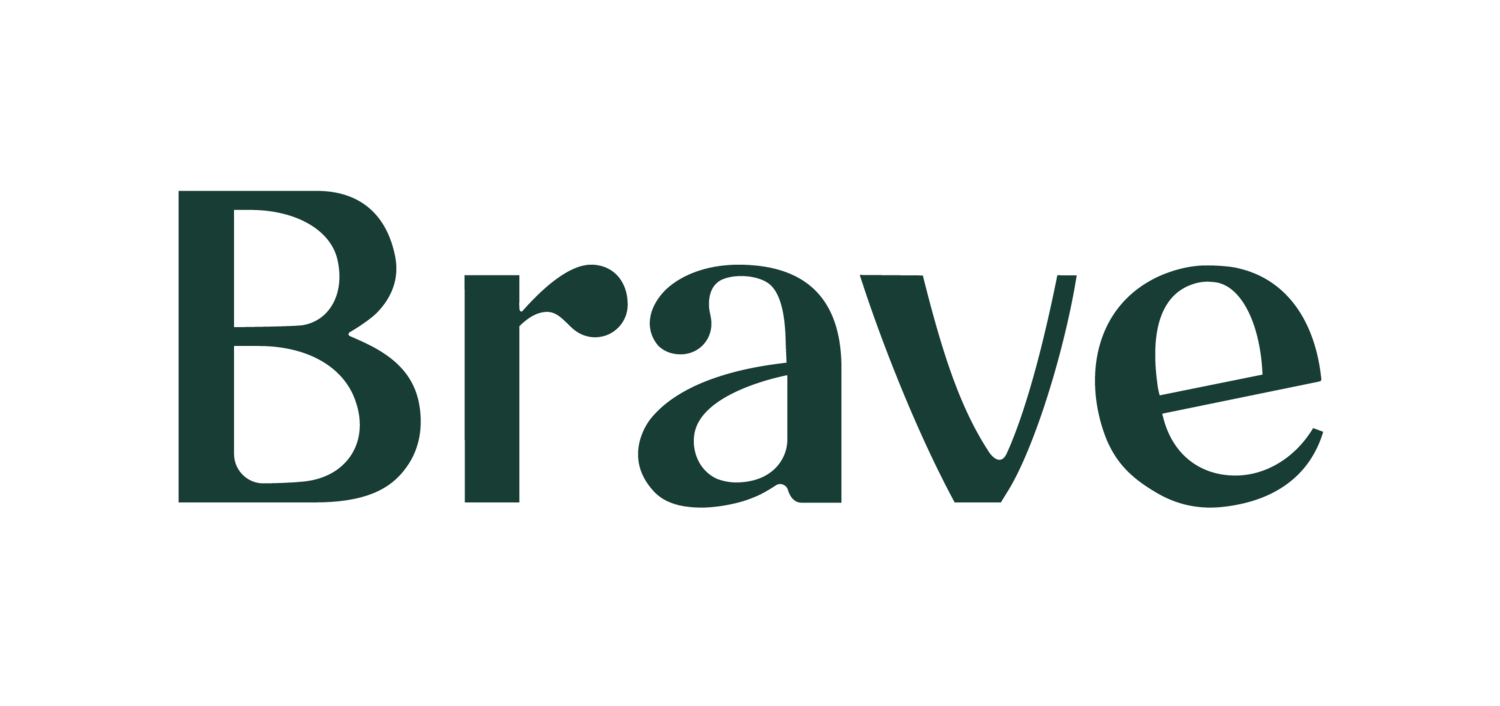Therapy Beyond Words: What is Art Therapy, Anyway?
When words fail us. When the feelings are too big. When talking isn’t our favorite form of expression. When doodling feels better than eye contact. When you’d rather dance about it than talk about it.
There’s Art Therapy for that.
With art therapy, it isn’t about being an artist. It’s about providing an outlet to express yourself and heal. Whether it’s a doodle, a coloring session or nothing at all, consider art therapy as a way to destress.
You don’t need to be an artist, a dancer, or a musician. You don’t even have to be “good” at drawing or painting or doodling. Any person can benefit from Art Therapy because it’s less about the product and more about the process. It allows us to bypass words, which can often be challenging, especially in times of distress, and get straight to metaverbal expression of what we’re experiencing. This can be particularly helpful for anyone struggling to articulate their thoughts or feelings, whether that’s because of anxiety, preference, or traumatic experiences that make it too painful to “go there.”
Like most therapy, Art Therapy happens in whatever way best serves you. That means your therapist might offer you a prompt at the beginning of a session that becomes an entryway into conversation. Or, if you’re feeling fidgety and having a hard time focusing, your therapist might suggest sitting on the floor and doodling while you talk. It can even be used to help integrate what you’re working on in therapy. For example, if you’re currently working on boundaries, your therapist might suggest continuing the work at home in your art journal by drawing an image of what boundaries look and feel like to you —a broken fence, a brick wall, a mote, etc. Regardless of what you create, your therapist is there to reflect your thoughts and feelings back to you, not to judge your work or tell you what you should or shouldn’t do.
There is no right or wrong way to engage in Art Therapy. It can be your primary focus, or it can be mixed with talk therapy. And much like talk therapy, it’s all about you and for you, so you can start, stop, or try again any time you’d like.
Does Art Therapy sound like a good fit for you? Reach out today by phone or email (below). We’ll be in touch with you to understand how we can begin, together.

